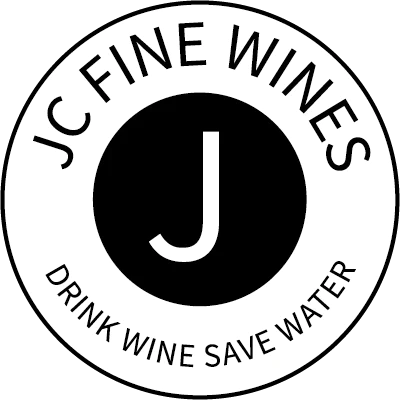Style: PORT
Vintage: 1982
Region: BAROSSA VALLEY
Country: AUSTRALIA
First released in 1953, the wine commonly known as ‘Para Port’ is based on Grenache, Shiraz and Mataro, matured in seasoned oak barrels for around 28 years. The first releases of 'Para Port' were 1922, 1925, 1927, 1930, 1933, 1939, 1944 and 1947. The vintage date, however, refers to the oldest component of the blend, which conflicted with the then-new labelling standards. A series of ‘catch-up’ bottlings numbered 101-126 followed and these eventually made way for the release in 2004 of the first 100% single vintage wine (1976), the Single Vintage Para Port.
Style: Fortified wine. Formerly labeled as 'Para Port' the vintage date refers to the oldest component of the blend. A series of bottlings numbered 101-126 followed and in 2004 of the first single vintage wine (1976).
Producer tasting notes: "COLOUR Rosewood with amber hues. AROMA Notes of pecan, maple syrup and toffee. PALATE Generously flavoured yet stylish and balanced. A fresh, lively finish with elements of praline, toasted nuts and brown spice. STYLE Para Liqueur is one of Seppeltsfield's most recognisable wines, having graced the cellar of generations of fortified collectors. Since its first release in 1953 in its iconic bell-shaped bottle, Para Liqueur has represented all of the hallmark characters of great Australian Tawny. The supreme concentration and complexity of the Liqueur is a result of extended wood aging, giving rise to a silky texture and a delicate balance of sweetness and savoury freshness." - Seppeltsfield Winery
Producer Notes: Although the Para Liqueur has been periodically released for over 70 years, Seppeltsfield has only ever bottled the finest releases, those deserving of the esteemed Para Liqueur label.
Alcohol ABV: 20.5%
Sweetness: Sweet
Blend: Grenache (Grenache), Syrah & Mourvedre (Monastrell)
Winemaker: Fiona Donald
Winemaking
Para Liqueur is proudly a single vintage fortified wine, matured in small oak barrels of which are subjected to warm cellaring conditions. This storage plays an important role in the style development of the wine, as the warm environment exacerbates evaporation. An estimated 3% is lost each year to the 'angels share', with the wine continually concentrating in flavour, aroma and viscosity during its maturation in barrel.


